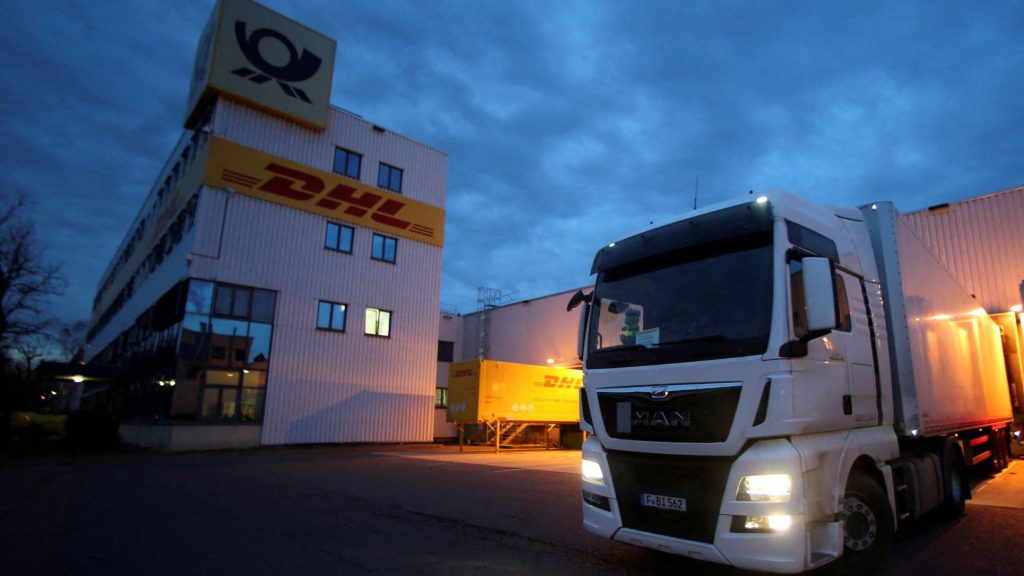The Role Of Real-Time Data In Modern Logistics Solutions

The logistics industry has evolved significantly, with real-time data pivotal in transforming operations. Instant access to information, whether it’s about shipments, inventory, or vehicles, is no longer a luxury—it’s a fundamental part of staying competitive. Real-time data allows businesses to make better decisions, streamline processes, and optimise resources.
Let’s delve into how real-time data can enhance various aspects of logistics, offering practical ways to improve your systems.
Enhancing Decision-Making With Real-Time Data
Making informed decisions is central to logistics, and real-time data empowers managers to act quickly. By monitoring key performance indicators, businesses can identify trends and act accordingly. Real-time data removes the guesswork and offers accurate insights into current operations.
As such, businesses should invest in the right software that integrates various data points across the supply chain. Access to live information on inventory levels, shipment statuses, and fleet performance means problems can be spotted and addressed before they escalate.
Optimising Supply Chain Efficiency Through Instant Insights
The supply chain benefits greatly from real-time data, particularly regarding efficiency. Delays, whether in manufacturing or transportation, can disrupt an entire operation. Real-time data allows for better coordination between suppliers, manufacturers, and transport providers, ensuring smoother operations. The key is adopting platforms that bring all stakeholders onto a single system, where everyone can view and act on the same data.
This allows businesses to reduce bottlenecks and address potential issues in real-time. For instance, immediate re-routing decisions can be made if a delay occurs during transit, preventing further disruption. This visibility ensures minimal downtime, helping businesses maintain high service standards.
Reducing Costs And Delays With Live Data Monitoring
Cost management is another critical area where real-time data can make a difference. Logistics operations are often plagued by unforeseen expenses, ranging from fuel costs to delays that lead to penalty fees. Real-time data helps companies anticipate such costs, enabling them to mitigate risks early.
Live tracking of deliveries, fuel consumption, and vehicle performance can significantly reduce unexpected expenses. For example, fleet managers can analyse fuel usage in real-time and adjust routes accordingly, cutting costs.
Electronic proof of delivery systems also play a role here. By adopting the electronic proof of delivery from Geo2, businesses can track deliveries more accurately, ensuring no disputes or missed shipments, further reducing potential costs associated with returns or failed deliveries.
Improving Fleet Management Using Real-Time Analytics
Real-time analytics provide a significant advantage in fleet management. Businesses can maintain optimal fleet operations by tracking vehicle performance, fuel efficiency, and driver behaviour. Real-time data allows companies to reduce downtime by scheduling preventive maintenance based on actual vehicle performance, rather than waiting for scheduled intervals. This leads to fewer breakdowns and more efficient vehicle usage.
Businesses can use real-time data to assess routes, monitor traffic conditions, and adjust delivery schedules to avoid delays. GPS tracking systems provide real-time vehicle location updates, improving security and operational efficiency. For businesses, the key is to leverage these insights continuously and adjust fleet operations accordingly.
The Future Of Predictive Maintenance In Logistics
Predictive maintenance, powered by real-time data, is transforming logistics management. Instead of reacting to breakdowns after they occur, companies can predict issues before they arise, keeping their fleets in top condition.
Real-time data analytics, combined with machine learning, enables systems to assess vehicle wear and tear patterns, alerting managers to maintenance needs before significant damage occurs. Staying ahead of potential issues leads to more efficient operations and less repair time.
By embracing the right technologies and tools, businesses can stay ahead of operational challenges and remain competitive in a fast-paced industry.




